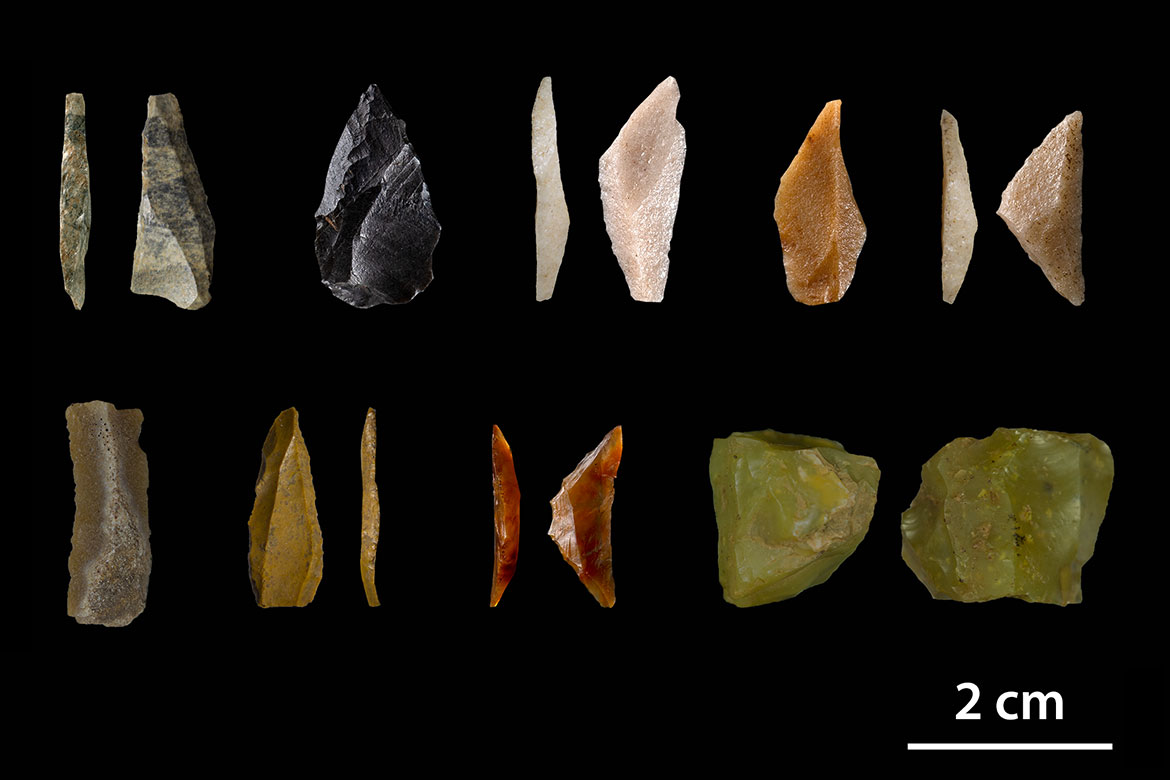OPEN ACCESS
A landmark for open access
Swiss university libraries and scholarly publishers have negotiated a contract that will enable broad-based open access to publicly funded research.

In future, the publications of Swiss university researchers should be accessible to all. | Image: Maksym Kaharlytskyi
“New discoveries are founded on existing findings. And this process can only function at its best when all scientific research results are made openly accessible”, writes cOAlition S, a consortium of European research funding institutions. It is demanding open access for all scholarly publications funded by public monies.
In Switzerland, we have come one step closer to realising this vision. On 1 July, the Rectors’ Conference of the Swiss Universities (‘swissuniversities’) reached an agreement with the big scientific publishers Elsevier and Springer Nature. They also already have a declaration of intent with Wiley, the third of the big three in the field. “This guarantees optimum access to their publications for researchers and students alike”, says Yves Flückiger, the President of swissuniversities and the head of the negotiating team.
This is not just to the advantage of everyone who wants to read their articles, but also the researchers who publish, says the Swiss National Science Foundation (SNSF), which joined the negotiating team in 2020. “No costs are incurred by the researchers, and it means less work for them. It will massively reduce the pressure on them”, says Matthias Egger, the President of the National Research Council of the SNSF.
This change is also cost-neutral for the universities. Instead of individual researchers having to pay for publishing individual articles on open access, the publishers will be given a one-off payment. The SNSF believes that this is a landmark victory along the road to open access. But there will be tough negotiations before they can reach their final goal: “Our aim is to pay publishers only for the services they provide when publishing new articles; we don’t want to have to pay for people to access work that has emerged from state-funded research”.




